Buzz not competing with Facebook et al?
After a difficult birth, Buzz is just about ready to stand on its own two feet and it's ready to create a niche all its own, according to Google's vice president.
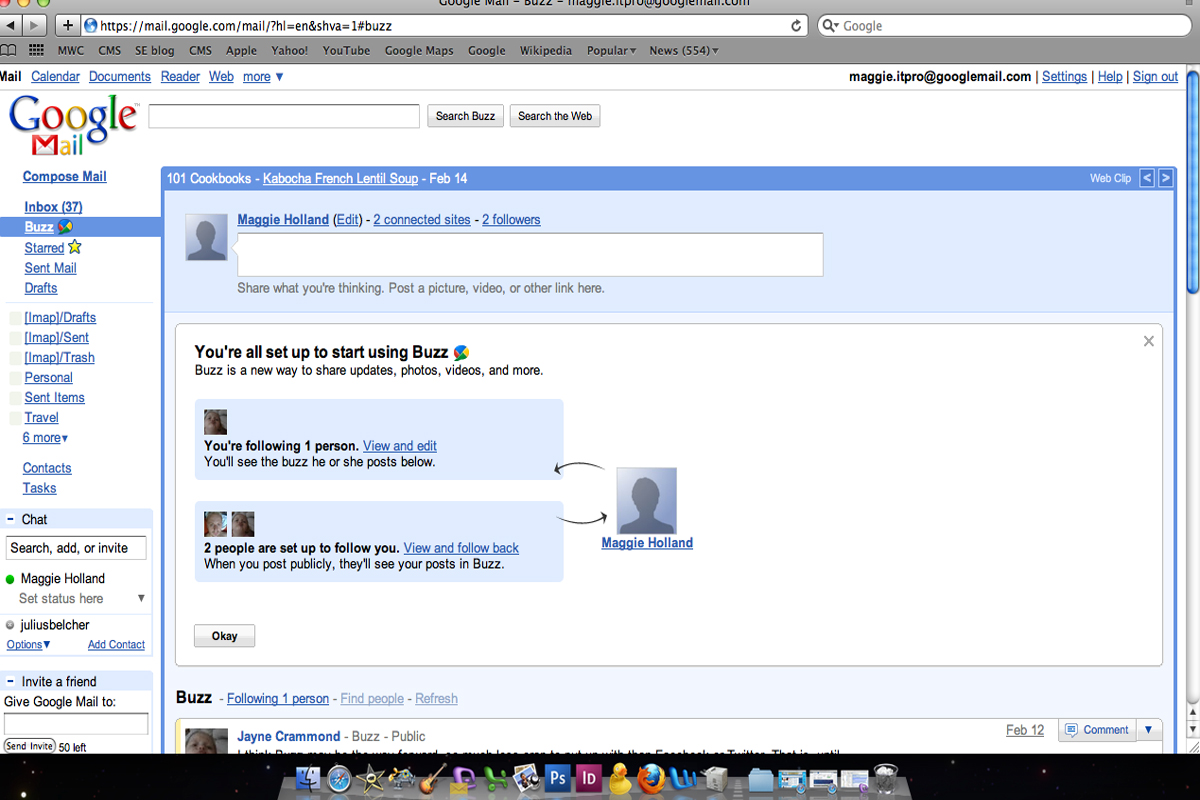
Google has moved to distance Buzz from social networking giants Facebook and Twitter after a difficult opening fortnight for the fledgling platform.
Bradley Horowitz, the search giant's vice president of product management, told eWeek that Buzz creates "a new category of communication" that isn't currently met by existing services.
After a launch plagued by privacy concerns, usability frustrations and forced updates, Horowitz nonetheless said the combination of Google's strong underpinning infrastructure and third-party support would see Buzz emerge is a mature social platform in its own right.
Horowitz stated emphatically that Buzz was "absolutely not" a competitor to Facebook and Twitter, despite much of the media defining it as exactly that in initial reports.
"This is creating a new category of communication," Horowitz said. "It's filling a niche which is currently not met in the market.
Speaking last week, Horowitz told eWeek that early signs suggested Buzz was developing naturally as a "conversational" medium. "It's hard to create a trend line or extrapolate too much from six days of use, but certainly conversation and the conversational web is a place where Buzz has excelled. I think it is unique and offers a compelling interesting experience," he said.
However, despite Horowitz's broadly optimistic outlook, it's been a long two weeks for Google and it has been dogged by controversy all the way.
Get the ITPro daily newsletter
Sign up today and you will receive a free copy of our Future Focus 2025 report - the leading guidance on AI, cybersecurity and other IT challenges as per 700+ senior executives
Google launched Buzz on 9 February, promising a product that would give users a ready made circle of friends based on their Gmail account, with which they could share content, post status updates and the like.
However, the ink had barely dried on the press release announcing Buzz when complaints started rolling in. Buzz formed its ready made friends list by simply taking the most commonly emailed contacts within Gmail, and made their details known to each other unless you told it not to.
Amid a storm of criticism Google was forced to backtrack twice, first by making it easier to remove publicly available details and then by scrapping the auto-generated setup completely.
It has since admitted it should have tested Buzz more widely before releasing it, saying many users were "rightfully upset".
"We're very early in this space. This was one of our first big attempts," product manager Todd Jackson told the BBC.
If there's one comparison with Facebook that Google will draw heart from, however, it's that despite being plagued by its own controversies at virtually every turn, Facebook has still managed to build a user base of more than 350 million.
-
 Should AI PCs be part of your next hardware refresh?
Should AI PCs be part of your next hardware refresh?AI PCs are fast becoming a business staple and a surefire way to future-proof your business
By Bobby Hellard Published
-
 Westcon-Comstor and Vectra AI launch brace of new channel initiatives
Westcon-Comstor and Vectra AI launch brace of new channel initiativesNews Westcon-Comstor and Vectra AI have announced the launch of two new channel growth initiatives focused on the managed security service provider (MSSP) space and AWS Marketplace.
By Daniel Todd Published
-
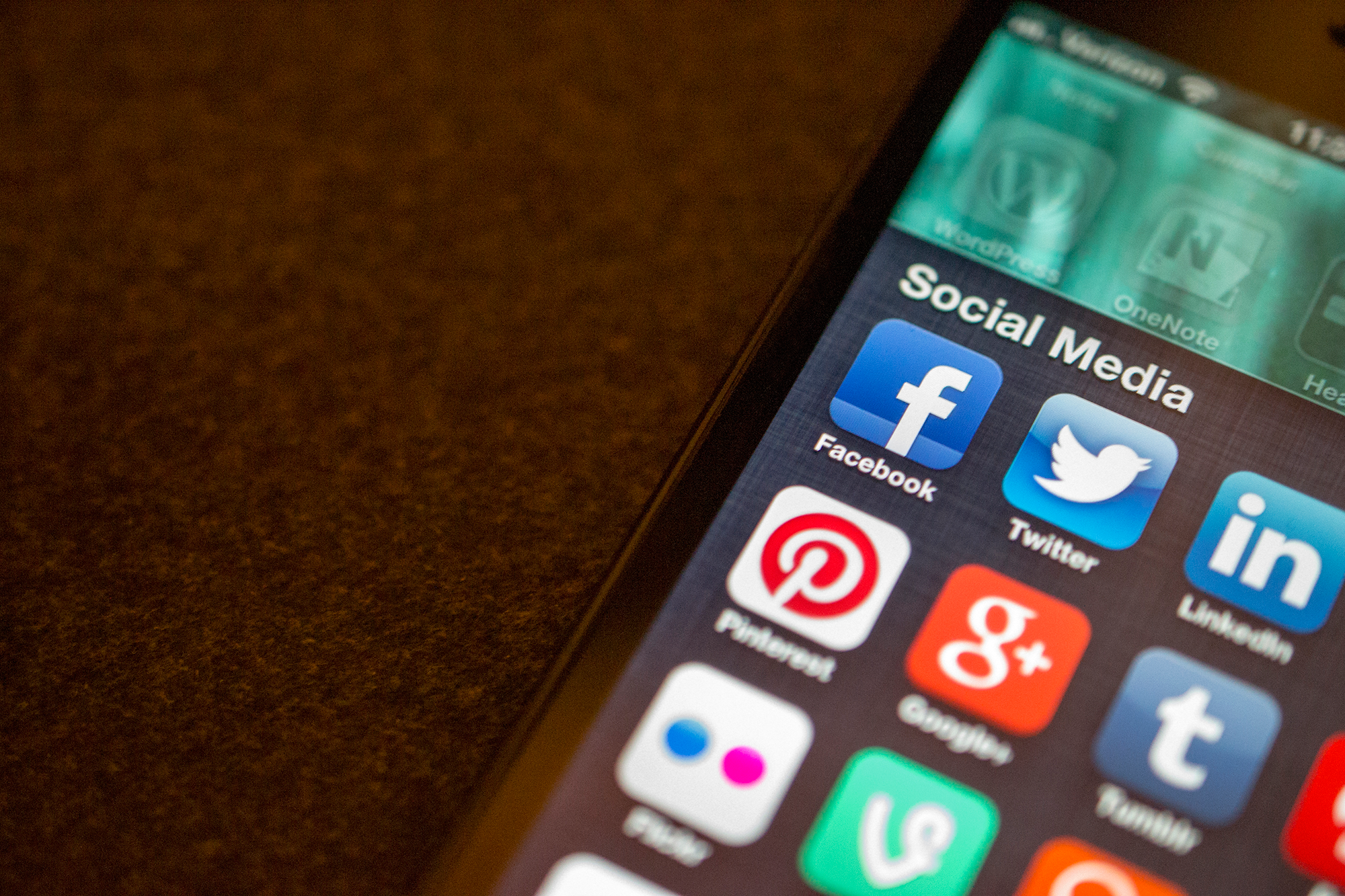 Six skills you need to be an effective social media manager
Six skills you need to be an effective social media managerIn-depth Social media has become integral to modern business, so skilled managers are in high demand
By Dale Walker Published
-
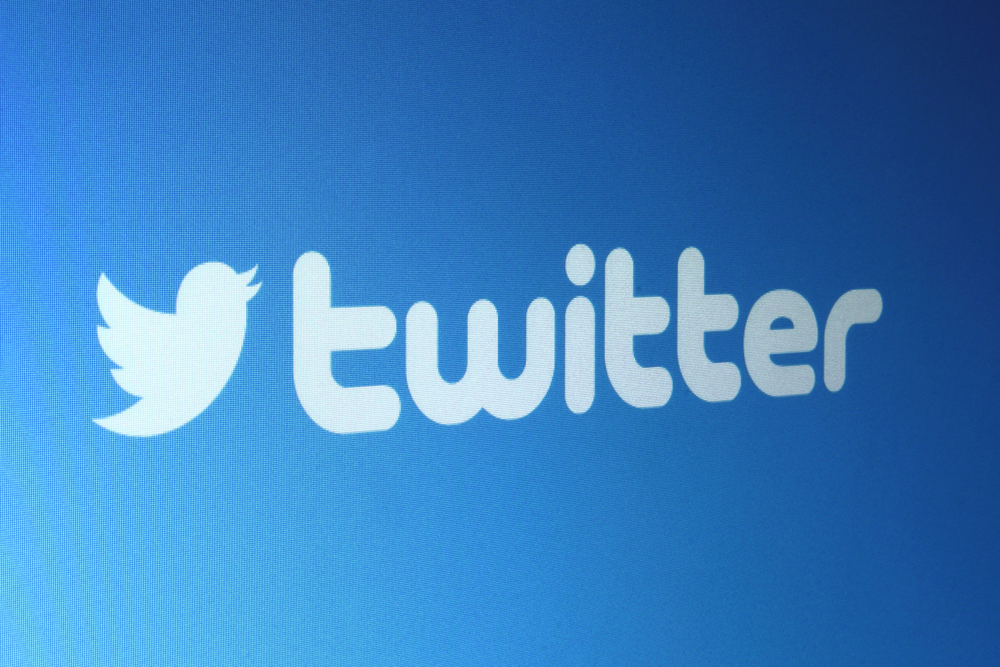 Twitter lets you add comments to your retweets
Twitter lets you add comments to your retweetsNews Twitter reduces character limit so you can throw in your two cents worth
By Joe Curtis Published
-
Google+ accounts no longer needed to access Gmail
News Google has lifted its rule stating that users must have a Google+ account if they want to use Gmail or Docs
By Clare Hopping Published
-
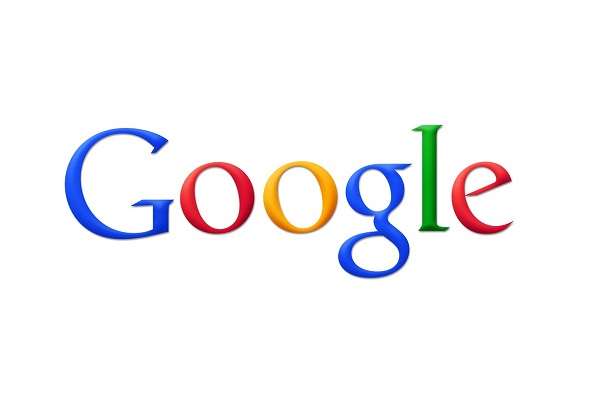 Google+ courts business users with new corporate privacy settings
Google+ courts business users with new corporate privacy settingsNews Google Apps users to get first look at internet giant's new social networking features.
By Caroline Donnelly Published
-
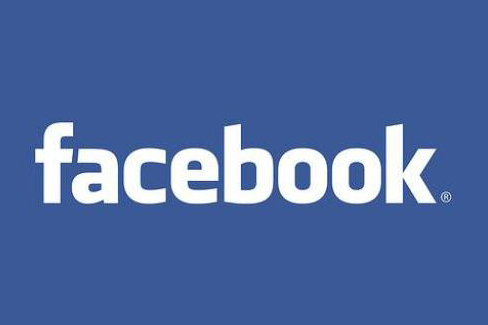 Facebook flooded with foul images
Facebook flooded with foul imagesNews Facebook says it is looking into user complaints of violent and sexual images on the site.
By Eva Martin Published
-
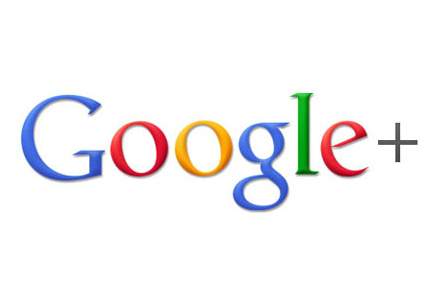 Google+ hits public beta
Google+ hits public betaNews The new social network is open to everyone, as Google announces a number of fresh features.
By Tom Brewster Published
-
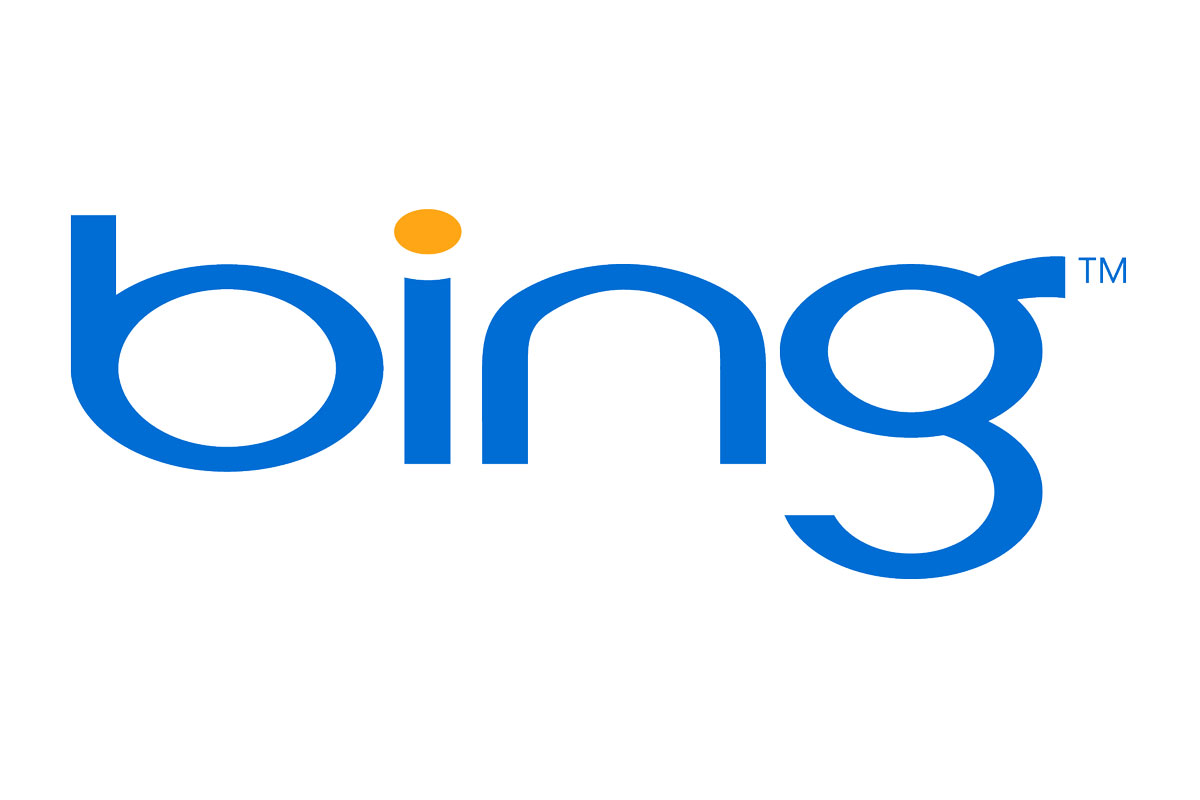 More Brits browse with Bing
More Brits browse with BingNews Microsoft's search engine overtakes Yahoo in UK popularity stakes, regaining number two spot.
By Miya Knights Published
-
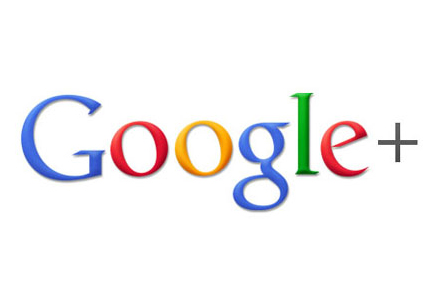 Google+ extends beta to business
Google+ extends beta to businessNews Submission deadline looms for businesses looking to get involved with social network’s testing phase.
By Miya Knights Published